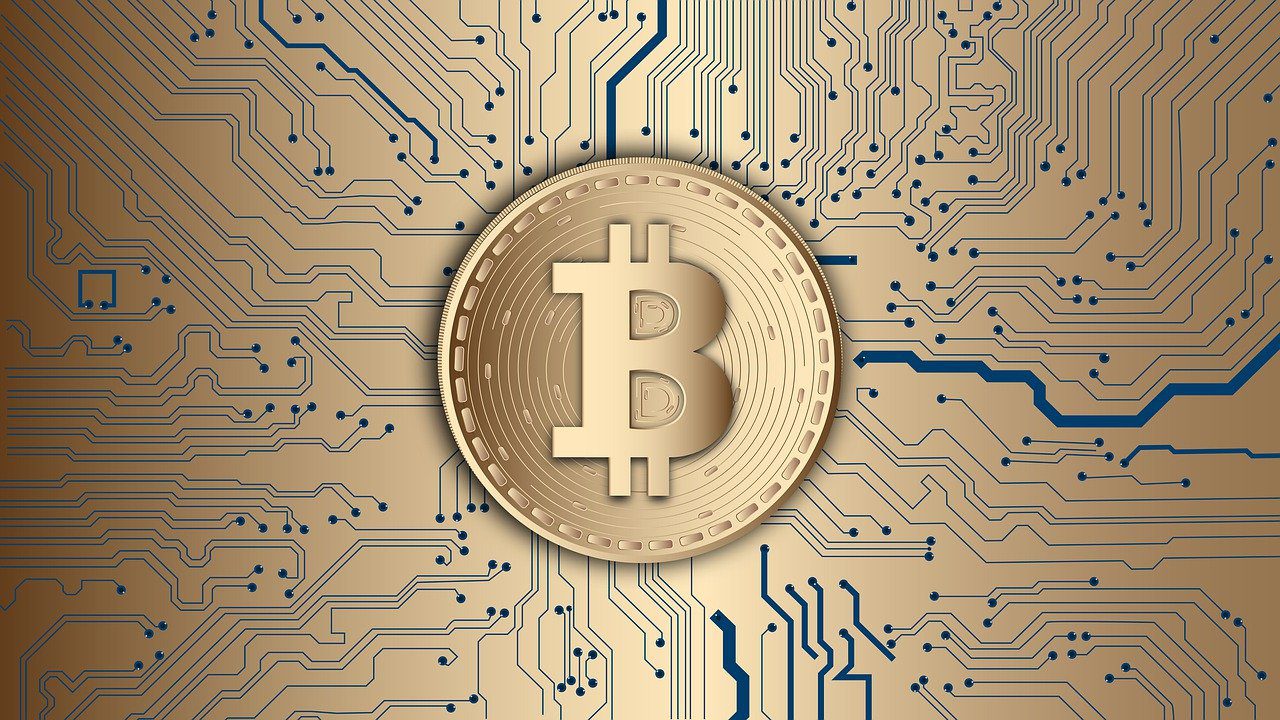Latin America has been particularly hard hit by hyperinflation as of late with countries like Venezuela and Argentina brought to the brink of economic collapse. It’s because of this ongoing threat to existing fiat currencies that other countries in Central and South America are considering using Bitcoin as a legitimate currency.
El Salvador has already taken the plunge, its new President even going so far as to troll gold and fiat bugs on Twitter, stating that he is taking great pride in “buying the dip,” whenever the infamously volatile cryptocurrency takes a nosedive in price (which can happen when you least expect it).
The price of Bitcoin may vary as much as 20 or even 30 percent on any given day, but one thing is for sure. The digital asset is here to stay. Says one crypto marketing agency, some marketers believe in Bitcoin so much, they market it exclusively. They build their particular brands via Crypto SEO, influencing marketing, content marketing, and more. That’s the kind of commitment some forward thinking professionals are willing to display on behalf of Bitcoin’s promise of being a global financial game changer.
And the world is slowly but surely waking up to the promise of Bitcoin as a hedge against rapidly rising inflation. According to a new report, Latin America is fast becoming the globe’s model for how crypto will enter into the daily lives of its citizens for many years to come.
All eyes are on El Salvador to see how its economy, along with the quality of life for its people, will be changed by an asset such as Bitcoin. If the Bitcoin experiment succeeds, watch for many more Latin American countries to adopt it.

Why Bitcoin in Latin America?
Financial experts agree that Latin America is an “ideal region for Bitcoin adoption for a multitude of reasons.” Many of these reasons have to do with financial stability and economic inclusion for its residents.
Remittances are commonplace in Latin America since so many people are unbanked. This provides a perfect use scenario for crypto such as Bitcoin.
In early 2021, international transfers were said to account for more than 20 percent of Honduras’s and El Salvador’s GDP. Transfers accounted for more than 10 percent of Mexico’s. These remittances come with high commissions that average around 10 percent of the remittance amount. They also involve long wait times of up to ten full days
People who have had no choice but to leave their home country with the goal of finding work in the U.S. for instance, and sending money home to their families have been forced into paying high fees while making their families wait long periods for their funds.
Bitcoin and other cryptos can solve this problem. Individuals can use the “lightning network” to transfer money in the form of Bitcoin to their families instantly and with virtually zero remittance fees. It’s a win/win for everyone.
Volatile Currencies
High inflation and political unrest has resulted in volatile fiat currencies in Latin American countries. Argentina and Venezuela have both experienced hyper-inflation rates as high as 70 percent and 1,575 percent respectively.
While it’s true, cryptocurrencies come with high volatility, they are actually more stable than many Latin American fiat currencies, or so say the experts. While fiat currency has experienced serious devaluation due to hyperinflation (this is also happening in the U.S.), Bitcoin and Ethereum continue to realize upwards of 200 percent (or higher) annual gains outpacing all markets. Full stop.
This financial reality only bolsters the case for utilizing Bitcoin in countries that are experiencing high inflation and fiat instability.
Decentralization
One major reason Latin American counties like El Salvador are embracing Bitcoin and other cryptocurrencies is that it is decentralized. That is, it is not dependent on a government controlled institution that oversees it and in many cases, enriches itself with it at the expense of its citizens.
Bitcoin doesn’t depend on any banks or third-party financial institutions. What this means is, every citizen who holds cryptocurrency in their individual cold storage wallets become their very own bank.
With Bitcoin, individuals native to Latin American counties will no longer need be dependent on placing a blind trust in their governments. All too often, these same citizens find it very difficult to trust these sometimes corrupt institutions who seem to never act in their best interest.
Now, citizens can place their trust solidly in both the blockchain and the lightning network. In a word, Bitcoin is about to allow the citizens of Latin America not only get back up on their financial feet, but to thrive in both the short and long term.



































